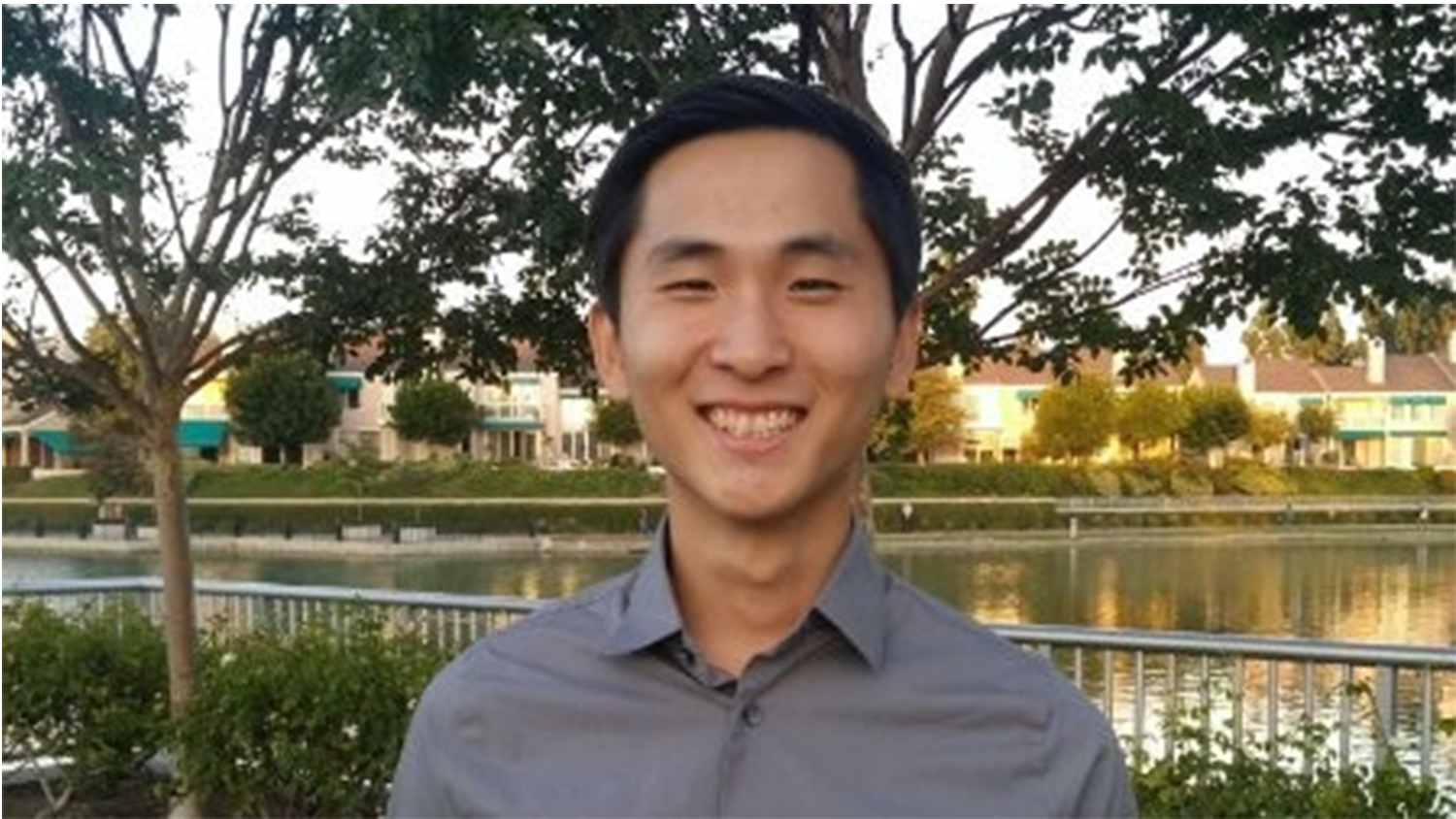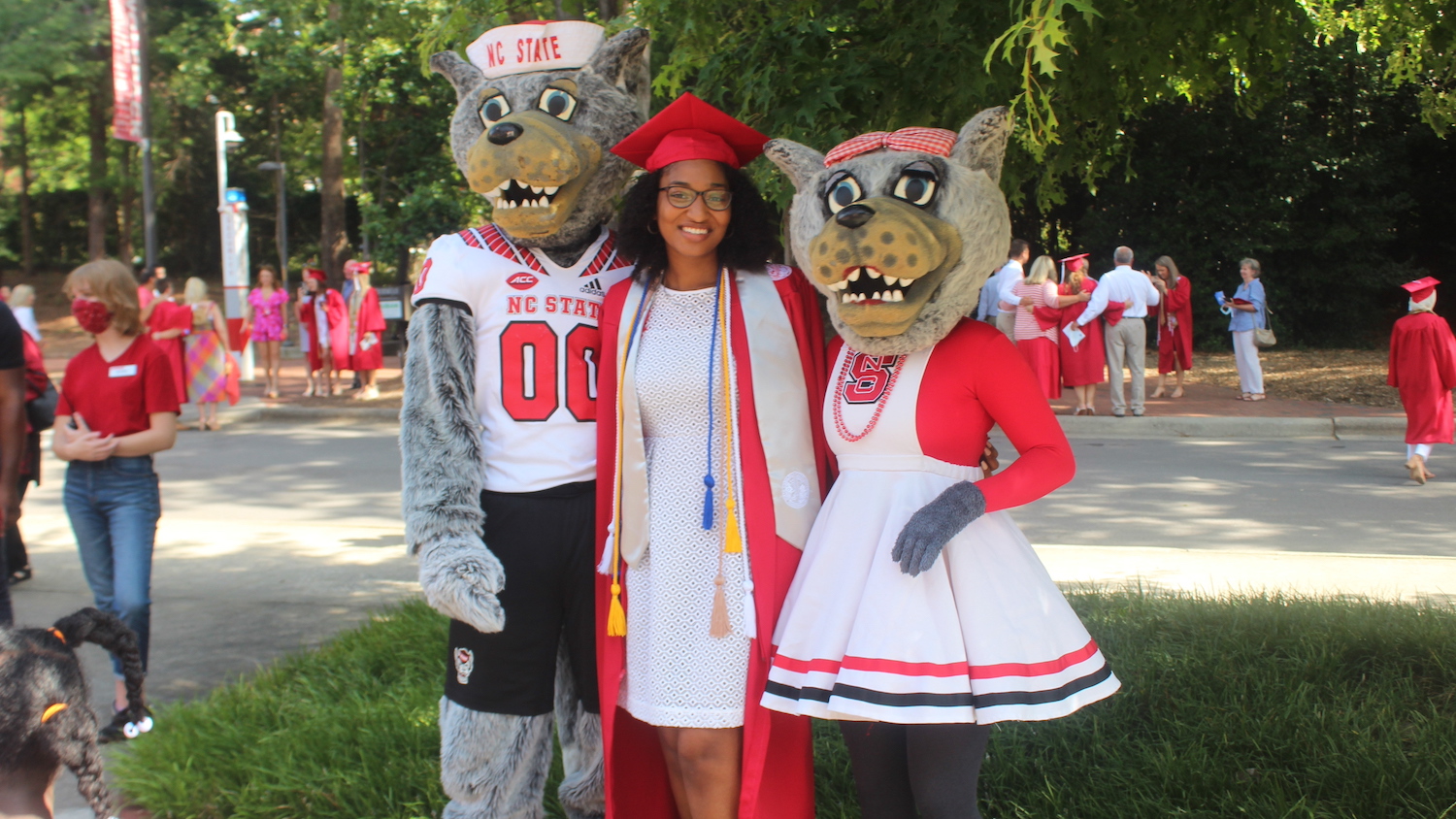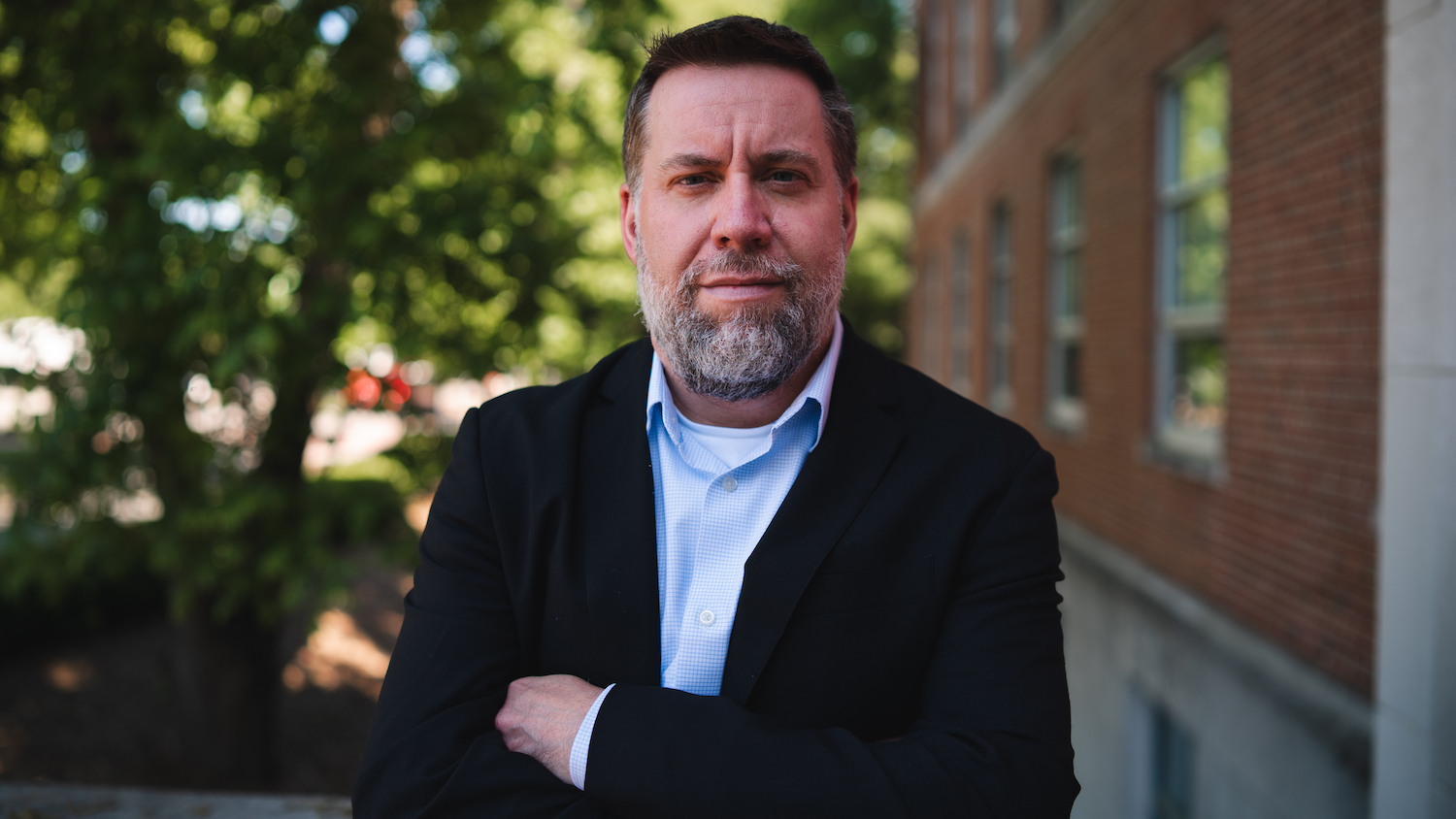This article was originally published on Agricultural and Resource Economics News on Dec. 30, 2020, by Ayah Mohamed, an ARE communications intern.
Our spotlight article this month features Kyung Wan, known as Tim Choi to friends and family. Tim is a fourth year Ph.D. student in economics at NC State. His field of research is Labor economics with a main sub-field of immigration. He’s also interested in the economics of education and sports economics. When asked why he chose NC State’s Economics Graduate Program he explained, “the opportunity to explore various subfields within economics drew me to apply for and choose the program.” The graduate program combines both the Poole College of Management (PCOM) and the Department of Agricultural and Resource Economics (ARE). By combining the two departments, students have an open field of resources and outlets to focus on in order to figure out their field of study. This creates a diverse learning curriculum that produces well-rounded students in various subjects. Tim says the program, “provides us with more possibilities to learn and see what interests us most.” He explains that he does believe the way the program was built is beneficial in the way that they are learning from various points of views that gives him perspective on subjects.
Tim’s Teaching Experience
Tim has a reputation for being a great teacher assistant (TA), which got him nominated for “The Best TA Award.” Before attending NC State, he had an idea that he wanted to become an educator but he was sure of it after his first teaching experience. He assisted with Dr. Hyman’s Fundamentals of Economics course (EC 205), where he helped students with curriculum questions and study materials, and the professor with technical aspects. Tim has also taught Principles of Microeconomics (EC 201), Intermediate Microeconomics (EC 301), and was a grader for the Labor Economics (EC 431) course. Currently, he is teaching two sections of the EC 201 course and will most likely continue to do so in the Spring.
Tim works with Professor Melinda Morrill (Labor Economist) for his dissertation on immigration topics. His main research topics inspects the effects of financial aid on college attendance for the undocumented population. He also touches on the effects of immigration policies on employment decisions for the undocumented population and effects of immigration raids on labor decisions.
It’s no doubt that Tim has been rated a great TA by students and professors. When asked about his teaching philosophy he said, “my teaching philosophy is more a “teaching practice,” which follows two shorts points.” The first point being that he wants his students to be able to think theoretically and intuitively. For example, instead of memorizing equations or formulas he pushes them to understand the where and why. He believes that in a subject like economics this way of thinking is especially important. When presenting a story in economics, it must be in a clear and comprehensible method. The second point is that he tries to tie in real-life examples of said theory and intuition. He does this so students can apply and relate the knowledge when they leave class. Tim explains that this approach is best executed by staying up-to-date with social trends.
COVID Makes an Impact on Teaching
The pandemic has affected everyone widely- especially teachers. When asked how has teaching changed for him, Tim explains that it has been more challenging in some aspects. This includes keeping students engaged, motivated and on-track. When classes were taught in-person, he was able to call on individual students to keep students accountable and interacted. Whereas, on-line teaching has created a barrier between communication and closeness. Tim explains that in the start of the pandemic, prepping was an obstacle because all material had to be moved online. He had to create recordings, edit videos, online exams and quizzes, and answer loads of questions and concerns from students. Although the pandemic has caused major changes, Tim is able to look on the bright side: “that being said, the situation has forced me (in a good way) to make all of my teaching material accessible.”
What’s on the 2021 Horizon?
Although the pandemic has affected Tim, he has hopes for the functionality of the Spring semester. He is looking forward to having hybrid classes so he can teach in-person and online. Before the end of 2021, Tim plans on passing his preliminary oral exam which will lead him to graduate the following year.
- Categories:



